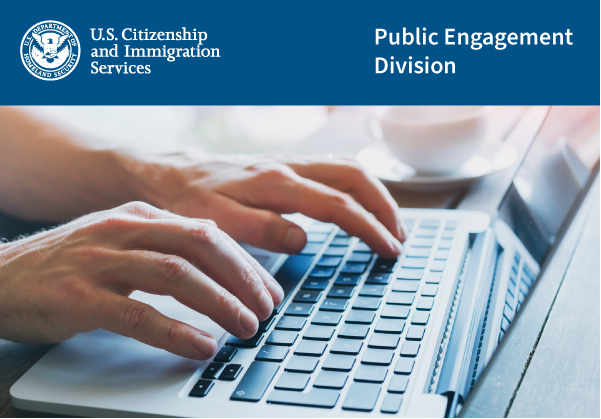As a part of U.S. Citizenship and Immigration Services (USCIS) modernization efforts, USCIS has published a temporary final rule (TFR) to increase the automatic extension period from 180-days to 540-days for certain employment authorization documents (EADs).
Those eligible for an automatic EAD extension include certain noncitizen spouses (H-4) of H-1B nonimmigrants (C26), noncitizen spouses of E-1/2/3 nonimmigrants (Treaty Trader/Investor/Australian Specialty Worker) (A17), noncitizen spouses of L-1 nonimmigrants (Intracompany Transferees) (A18), noncitizens who have filed applications for adjustment of status to lawful permanent resident (C09), as well as noncitizens admitted as refugees (A03) or granted asylum (A05).
The temporary measure comes after USCIS suspended their previous temporary final rule announced in May 2022, where the automatic extension period increased to 540-days for petitions filed before October 27, 2023. Today’s announcement increases the automatic extensions period back to 540-days for timely and properly filed EAD renewal applications on or after October 27, 2023.
Without the TFR, DHS has estimated that approximately 800,000 renewal EAD applicants would have been in danger of having their applications remain pending beyond the 180-day automatic extension period, resulting in applicants losing employment authorization. The TFR is a part of the Biden-Harris Administration’s efforts to encourage work-authorized individuals to contribute to the workforce and prevent already work-authorized individuals from having gaps in their employment.
We will continue to update our partners on the latest developments.
Written by Taleen Khleifat.




